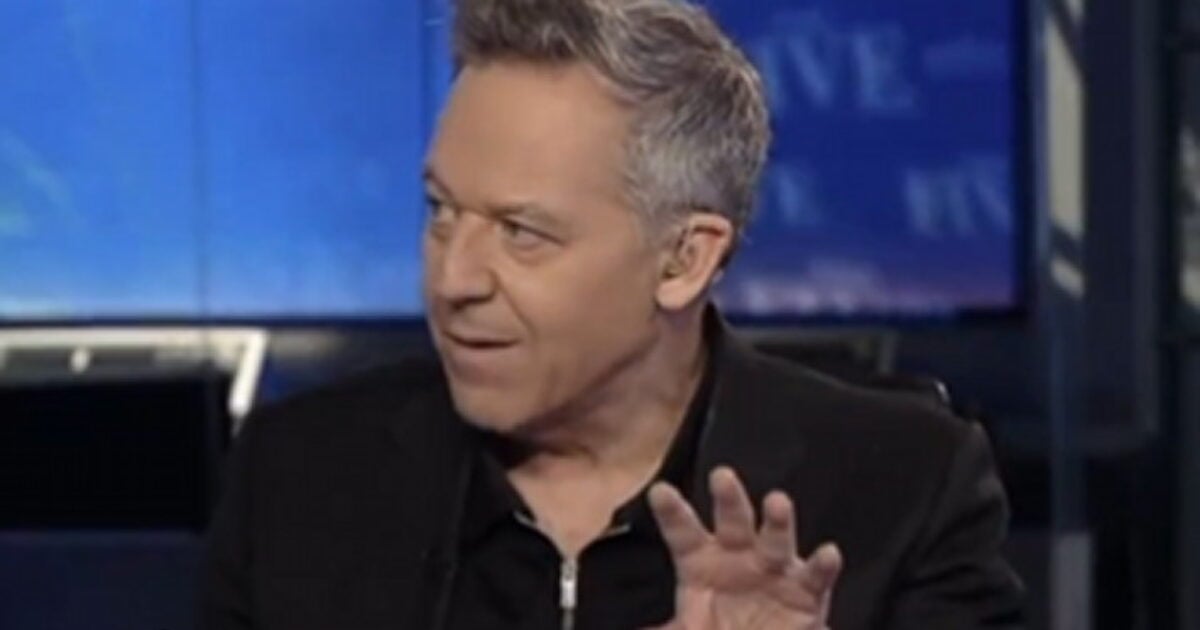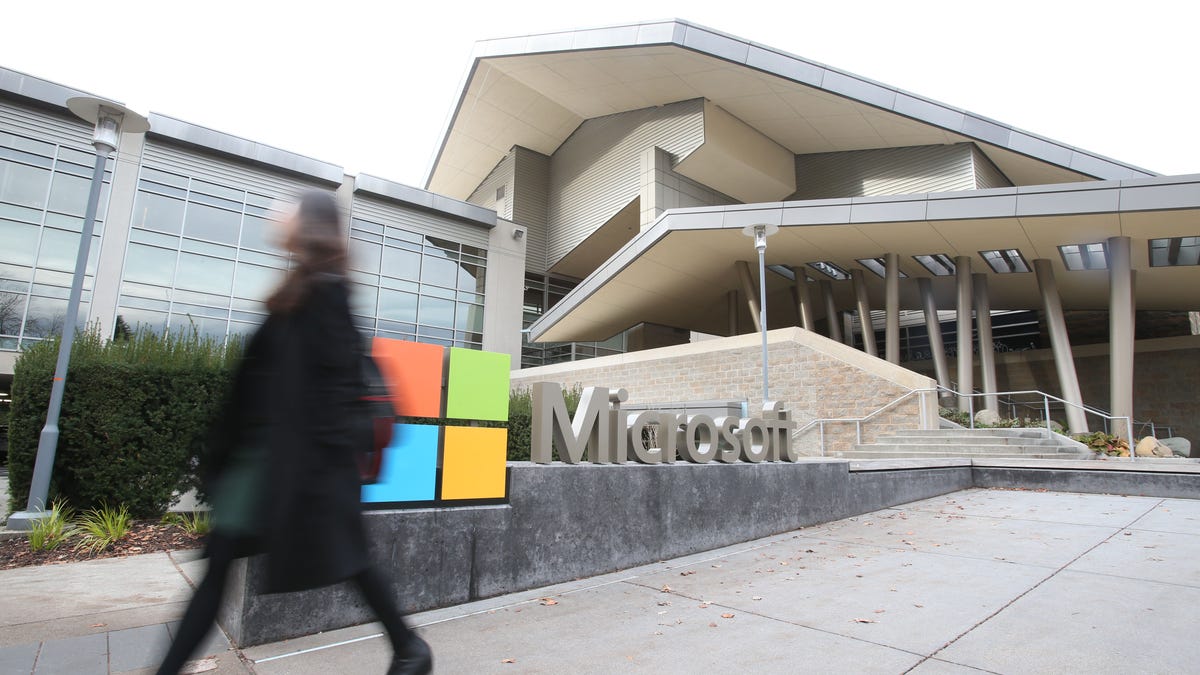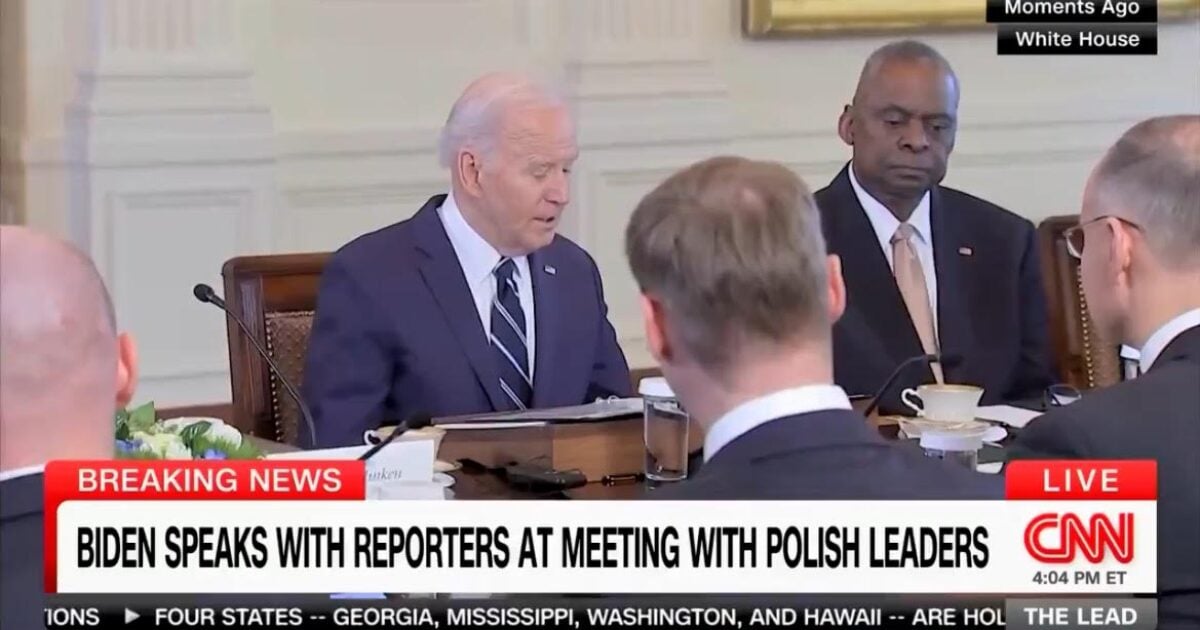Analysis of Political Shift Among Black and Hispanic Voters
Current discourse is centered around the apparent shift of black and Hispanic voters away from the Democratic party, with an increasing trend of support for Trump. The discussion was recently highlighted during a segment of The Five on FOX News, where Greg Gutfeld proposed that the shift is not solely based on racial lines, but rather on the realization among black and Hispanic men that they are no longer embraced by the Democratic party. Gutfeld posits that Democrats have transformed into the party of the AWFL – Affluent, white, liberal women.
Insight from Greg Gutfeld
Gutfeld expressed his views on the matter, emphasizing the evolving dynamics within political affiliations. He indicated that the Democratic party is witnessing a departure of black and Hispanic men, illustrating a deeper sentiment within this demographic. The concern raised by Gutfeld revolves around the fear of black and Hispanic men feeling unwelcome within the Democratic party’s new identity. He critiqued the party’s shift towards catering to affluent, white, liberal women, alienating male voters in the process.
Moreover, Gutfeld elaborated on the concept of the Democrats becoming a gender-specific party, primarily led by individuals who reject biological truths and veer away from common sense approaches to governance. The portrayal of the Democratic party as a space dominated by a particular ideological faction, reminiscent of a teacher’s lounge at an academic institution, underscores his critique of prioritizing specific interests over a more inclusive agenda.
Response to Gutfeld’s Assertions
While Gutfeld’s assertions may spark debate, it is essential to analyze the underlying observations regarding the shifting voter demographics within the political landscape. The broader implications of aligning political ideologies with specific gender and demographic groups necessitate a critical examination of party dynamics and the potential impact on voter engagement.
As the conversation continues to evolve, it is imperative to consider the multifaceted nature of political affiliations and the significance of addressing concerns raised by various voter demographics. Gutfeld’s perspective sheds light on a nuanced aspect of political realignment, emphasizing the need for inclusivity and a holistic approach to governance that resonates with a diverse electorate.
In conclusion, the discourse surrounding the political shift among black and Hispanic voters highlights the complex interplay between demographic trends, party dynamics, and ideological considerations. By acknowledging and engaging with diverse perspectives, political discourse can extend beyond traditional boundaries, fostering a more inclusive and representative democratic process.
Image/Photo credit: source url





